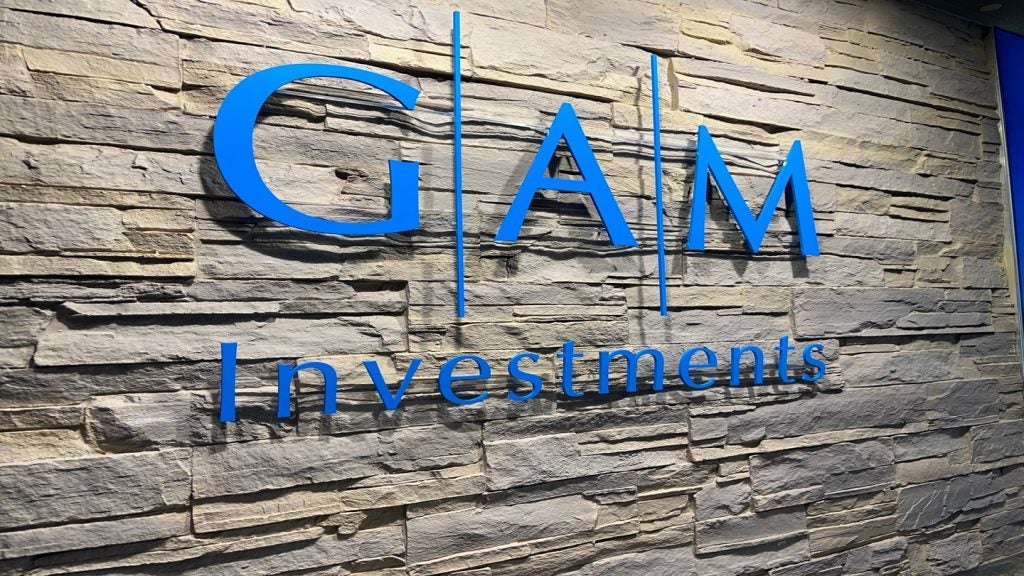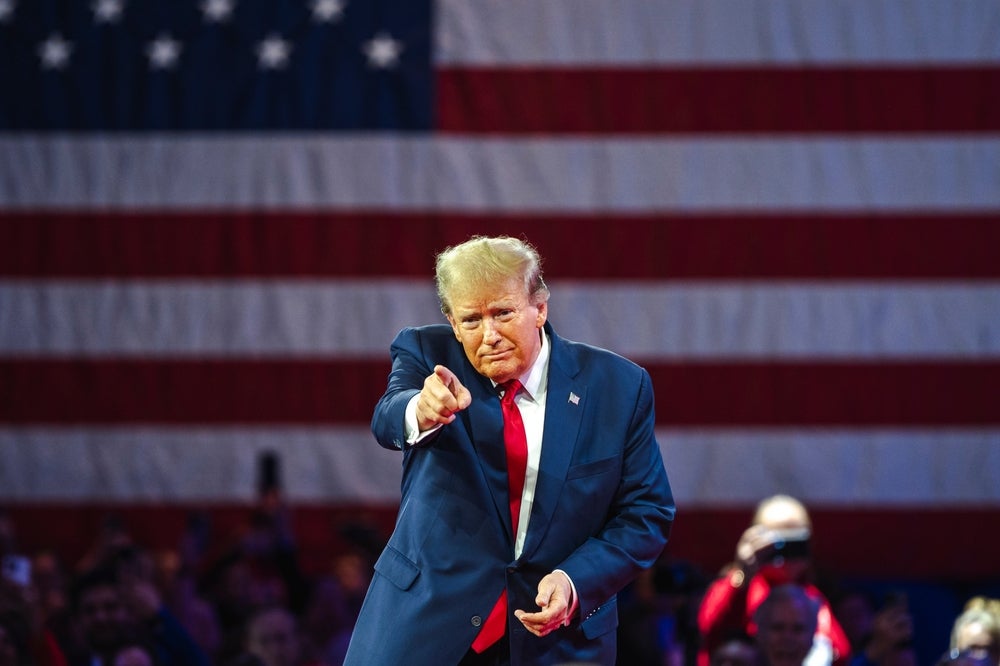
MiFID 2- a EU directive that came into force in January 2018- is generating awareness about ETFs, according to PBI’s research.
MiFID 2 aims to provide greater investor protection and transparency on fees.
Stephen Cohen, head of iShares EMEA at BlackRock, says: “At a time when people are becoming more cost sensitive, MiFID 2 is accelerating change by fundamentally upheaving the business of managing wealth.
“It is accelerating fee-based wealth advisory models, where the advisor is paid by the investor and not the product, which opens up the advisory market to using ETFs as an efficient investment tool to deliver client outcomes.”
Cohen adds: “Now that ETF trades are required to be reported, Euronext estimate the annual visible trading volume this year is $2.3trn, versus $1.3trn last year. Between January and June this year, on average 61% more trading on the iShares UCITs range was visible – where it would not have been before MiFID came into force – and for fixed income this jumps to 74%.”
Cohen continues: “We may only be six months in but MiFID 2 is driving awareness about ETFs as a way to invest across asset classes and geographies by shining a light on costs, and mandating trade reporting. This will drive the next phase of growth in the European ETF industry.”
ETF assets under management reached $4.84tn worldwide at the end of 2017 – a growth rate of 36.3% over the previous year, according to GlobalData Financial Services.
In comparison, global hedge fund assets grew by only 6.4% in 2017.
Back in 2015, 10% of the HNW portfolio was allocated to various ETPs, while in 2017 ETFs specifically accounted for 14% of HNW investments.
This proportion rose to 19.7% in 2016 and 21.0 % in 2017, suggesting that wealth managers targeting HNW investors need to offer a range of ETF products in addition to more complex private banking products.
At least to some extent the rise in demand can be attributed to the proliferation of automated investment services, which mainly rely on ETFs.
According to technology firm InvestCloud says $1.1trn flowed out of actively managed US equity mutual funds between 2007 and 2016, and during the same period $1.2 trn flowed into indexed US equity mutual funds.]
In July 2018, Vanguard launched the Vanguard DAX UCITS ETF, paving the way for investors to access 30 of the largest and most liquid companies in Germany.
For an in depth look at the latest trends of ETFs in wealth management, check PBI’s feature: How ETFs are transforming wealth management.







